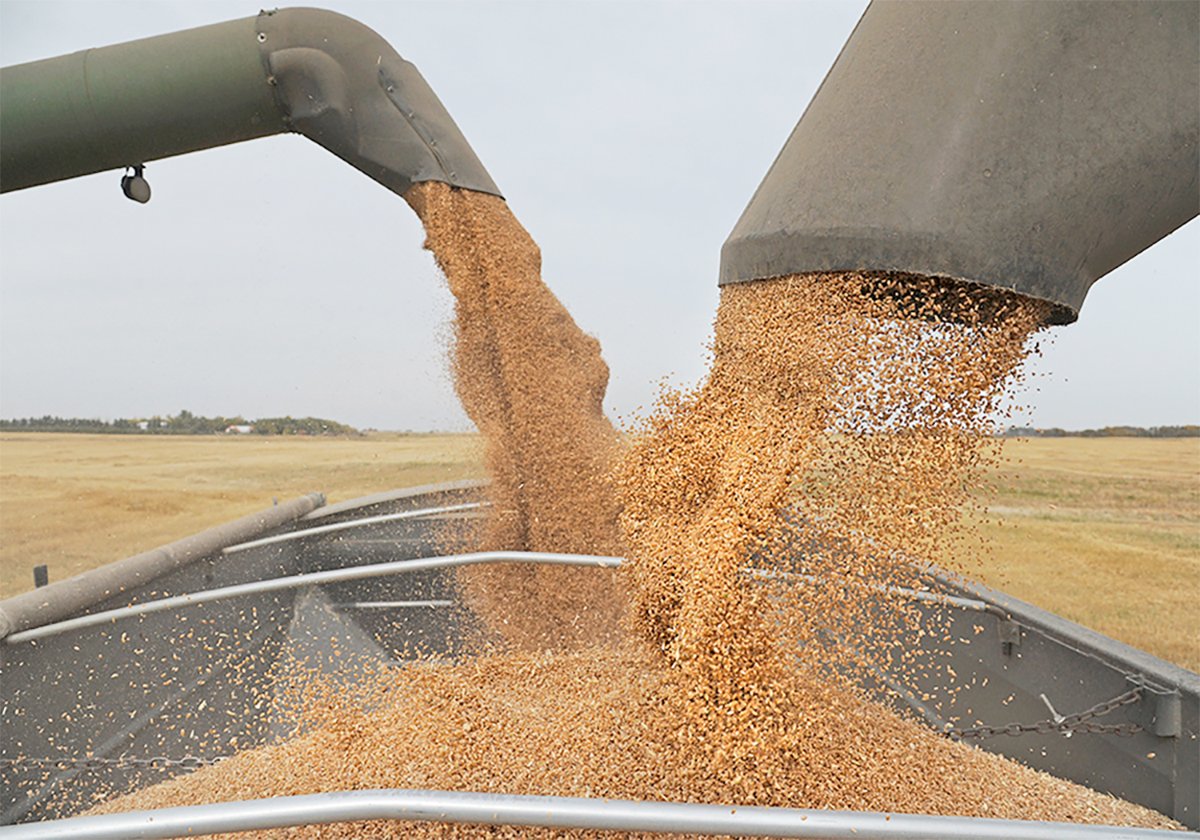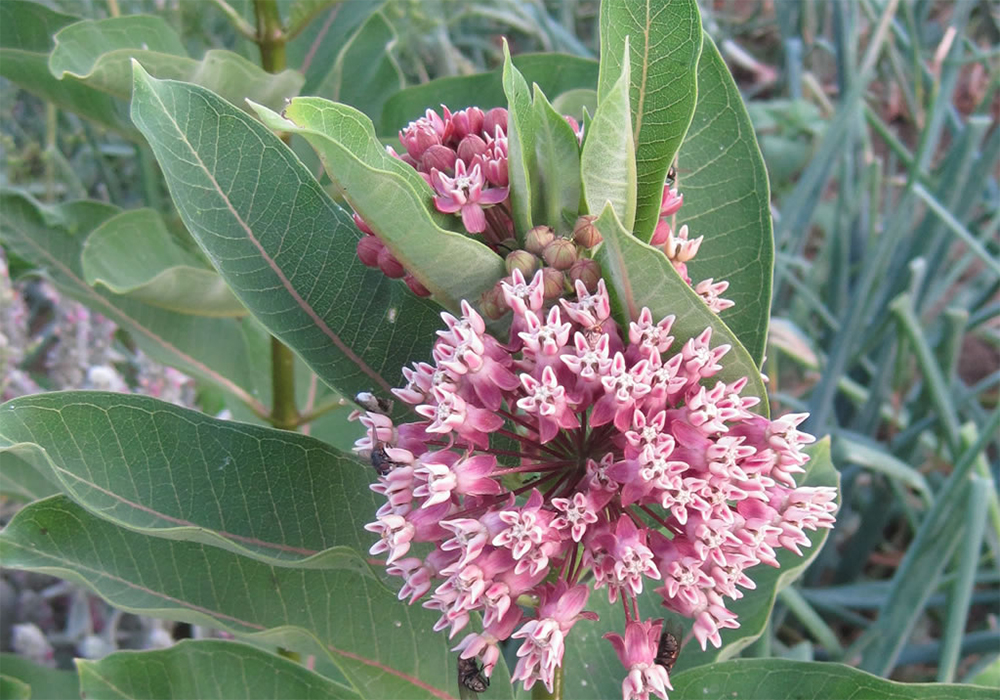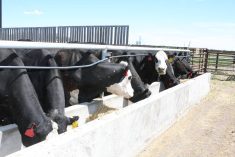The line between valuable crop and dastardly weed can be a fine one.
Weeds, after all, are simply plants that grow where they’re not wanted.
There isn’t anything particularly sinister about them. It’s not like they are more dangerous or obnoxious than the plants we are trying to grow in our fields. Some of them are even kind of pretty.
No, their biggest sin is that they grow in fields where they don’t belong, gobbling up precious resources and choking out the good guys.
Read Also

Agriculture productivity can be increased with little or no cost
There’s a way to enhance agricultural productivity with little or no cost. It doesn’t even require a bunch of legislative changes.
So it shouldn’t come as much of a surprise when every once in a while someone sees the good side of a weed and suggests transforming it from villain to hero.
Farm management editor Michael Robin wrote about such an effort in the Oct. 13 issue of The Western Producer. In this case, it was stinkweed.
On the off chance that you missed it, scientists in the United States are hoping to use gene editing to turn stinkweed, also known as pennycress, into a cold-tolerant, short-season oilseed similar to camelina.
They hope that some day entire fields will be home to what was once a weed that farmers were more likely to spray into oblivion.
This isn’t the first time this year that I’ve read about folks saying nice things about a weed.
In July, during the height of the most recent panic over the demise of the monarch butterfly, a journalism professor from the University of Oregon wrote an opinion piece in the Globe and Mail in which he made a startling proposal.
In this case, the pest in question was milkweed.
Monarch butterflies are completely dependent on this plant. They lay their eggs only on milkweed and feed only on milkweed. Without milkweed, monarch butterflies will disappear.
However, along with many other plants that have been classified as weeds, it is susceptible to glyphosate poisoning, and no tears are shed on the farm at the time of their passing.
The opinion piece made the following proposal: genetically modify milkweed so that it is glyphosate resistant.
Is this for real? I’m not convinced the writer was completely serious, but just the thought that someone is thinking about genetically modifying weeds to make them resistant to herbicides is enough to make the skin crawl.
Yep, we’ll get right on that.















